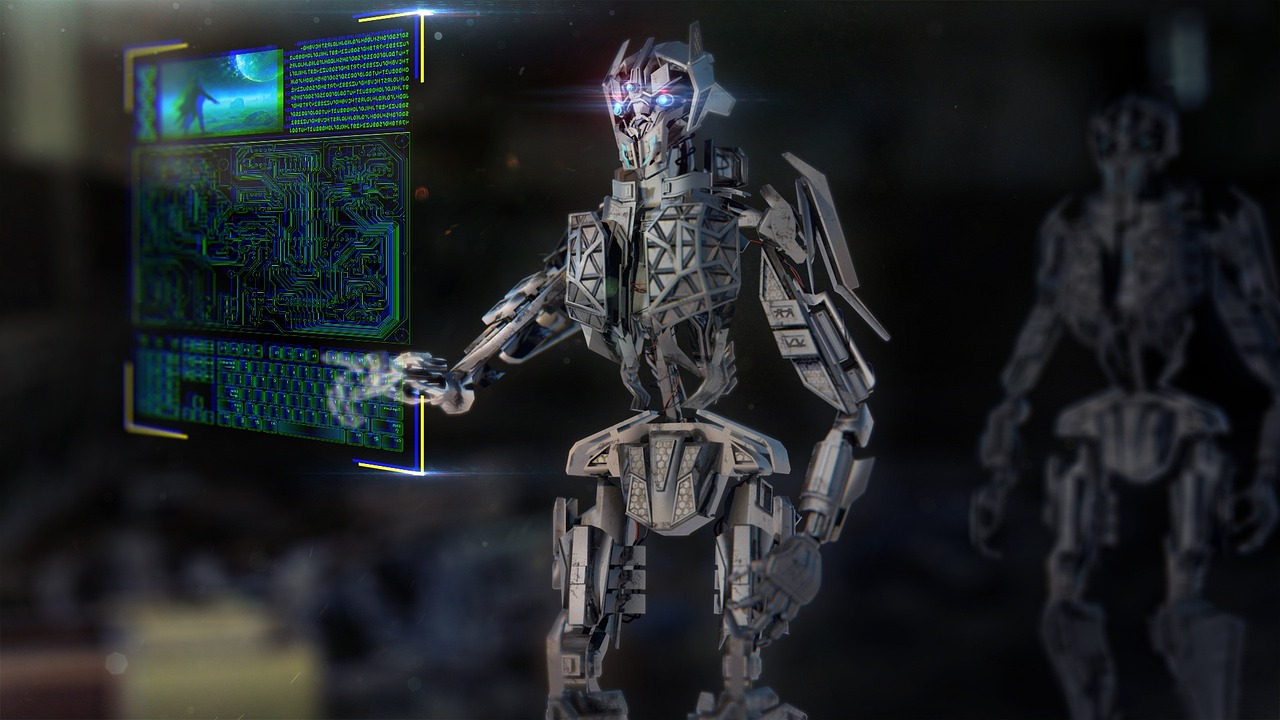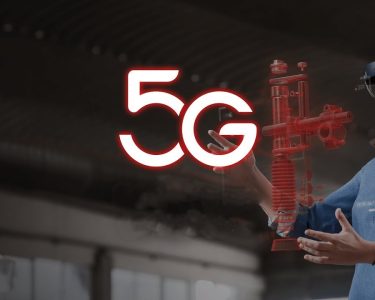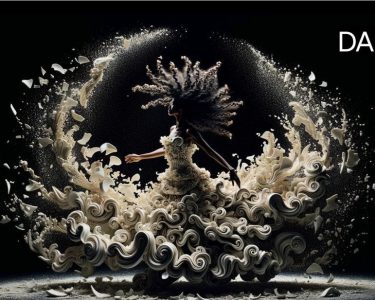AI in films is not a new concept. In 1999, Stanley Kubrick’s final film, “A.I. Artificial Intelligence,” explored the idea of robots and humans coexisting in a dystopian future. More recently, the 2016 movie “Morgan” was the first feature film to use IBM’s Watson AI system to create its trailer. However, it was not until the release of the 2018 movie “Welcome to Marwen” that AI was used extensively in the creation of a film.
“Welcome to Marwen” is based on the true story of Mark Hogancamp, who was attacked and left for dead in 2000. In his recovery, Hogancamp created a fictional town called Marwencol and populated it with dolls representing himself, his friends, and his attackers. Director Robert Zemeckis used AI technology to bring the dolls to life, giving them realistic movements and expressions. The technology used in “Welcome to Marwen” was a significant step forward in AI’s role in filmmaking.
Despite the potential benefits of AI technology, some filmmakers are resistant to using it. One concern is that AI could replace actors and other human workers, resulting in job losses. Others worry that relying too heavily on AI could result in a loss of creativity and originality in films.
However, proponents of AI in films argue that the technology can be used as a tool to enhance creativity and streamline the filmmaking process. AI can be used to generate ideas, create storyboards, and even suggest camera angles and lighting. Additionally, AI can be used to speed up post-production tasks such as color correction and special effects.
AI can also help reduce the costs of filmmaking. Hollywood movies are notoriously expensive, with some big-budget blockbusters costing upwards of $200 million. By using AI to streamline the filmmaking process, studios can potentially save millions of dollars on production costs.
Despite the potential benefits, Hollywood has been slow to adopt AI technology in filmmaking. This is partly due to the industry’s resistance to change and reluctance to embrace new technology. However, the COVID-19 pandemic has forced many filmmakers to explore new ways of working, including the use of AI technology. With more and more studios exploring the use of AI in films, it may only be a matter of time before the technology becomes a standard part of the filmmaking process.
In conclusion, AI technology has the potential to revolutionize the filmmaking process, but the industry has been slow to embrace it. While some filmmakers are resistant to using AI due to concerns about job losses and loss of creativity, proponents argue that the technology can be used as a tool to enhance creativity and streamline the filmmaking process. As Hollywood continues to explore new ways of working, it may only be a matter of time before AI becomes a standard part of the movie-making process.




